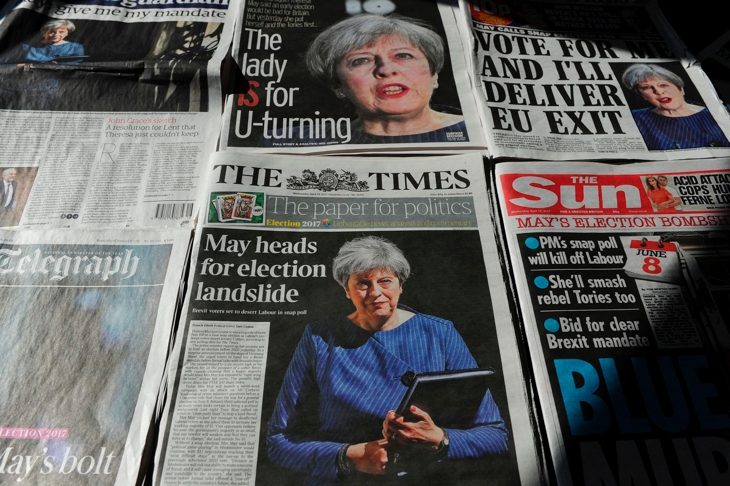I have long campaigned against the activation of section 40 of the Crime and Courts Act, as well as a second Leveson inquiry which would have examined the culture, practices and ethics of the press, so I was delighted that the Conservative manifesto says that neither will happen. The Government held a consultation about this earlier this year and the wording in the manifesto is the first official response to that consultation. I hope that this now puts the matter to bed.
If section 40 of the Crime and Courts Act was activated it would have meant that any publication not a member of Impress, the press regulator largely funded by Max Mosley, would have had to pay all the costs in a libel case even if it successfully defended a claim. As things stand, the loser in a libel case has to pay all their own costs and the lion’s share of their winner’s. But if section 40 had been activated, publishers outside Impress would have had to pay their costs and their opponents’ costs even if they won. Section 40 was a stick inserted into the Crime and Courts Act by the enemies of press freedom in the Lords to try and force newspapers and magazines to agree to be regulated by an official, state-approved body. Had it been activated, publishers would have faced a stark choice: Submit to the state regulator or face ruinous costs if they dared to contest a libel case, regardless of its merits.
It’s worth pausing for a second to reflect on the nature of Impress and its attitude to the press. Not only is it largely funded by Max Mosley, who has made it his life’s mission to destroy the tabloids, but Impress is largely composed of metropolitan liberal types who loathe the red tops. For instance, Impress’s CEO Jonathan Heawood has shared social media posts comparing Daily Mail journalists to Nazis. If the Sun or the Mail had been forced to sign up, all complaints brought by aggrieved parties – and Impress’s definition of who is entitled to complain is very broad – would have been adjudicated by finger-wagging scolds who would like nothing more than to see them go out of business.
These same scolds will be up in arms about the Conservatives’ decision to repeal section 40, but it is perfectly consistent with the findings of the Leveson inquiry. Brian Leveson wanted a system of ‘voluntary self-regulation’ – that’s the phrase he used – so it was critical that the inducements that were put in place to coax publishers into signing up with the officially recognised regulator, which he wanted them to do, weren’t too draconian. That’s why, while he thought the rules regarding the award of costs in libel cases should be tweaked, he didn’t think the court should be forced to award costs to the claimant if the defendant wasn’t a member of the official regulatory body, win or lose. Section 40 went much further than anything recommended by Leveson and, because it directed the court whom to award costs to, would have encroached on the principle of judicial independence in a way he surely would have disapproved of.
As it turns out, the independent regulator set up by the press – IPSO – complies with almost all of Leveson’s recommendations and, to date, has been doing a good job. I can say this with some confidence because I was hauled over the coals by IPSO in response to a complaint by the makers of ‘The Great European Disaster Movie’, a piece of hysterical, pro-Remain propaganda that I reviewed unfavourably in the Daily Telegraph. In the end, the complaint was thrown out, but the process I was forced to go through to justify what I’d written was extremely robust.
So the decision not to activate section 40 is a victory, not just for the press, but for Brian Leveson too. I daresay he’s not too unhappy about the fact that he won’t be holding the ring in another three-ring circus, either. But the price of freedom is eternal vigilance and the enemies of the press in the Lords will no doubt already be plotting to insert something similar to section 40 in another bill in the next Parliament. Let’s hope the fact that the manifesto could not be clearer on this issue means they won’t succeed.







Comments